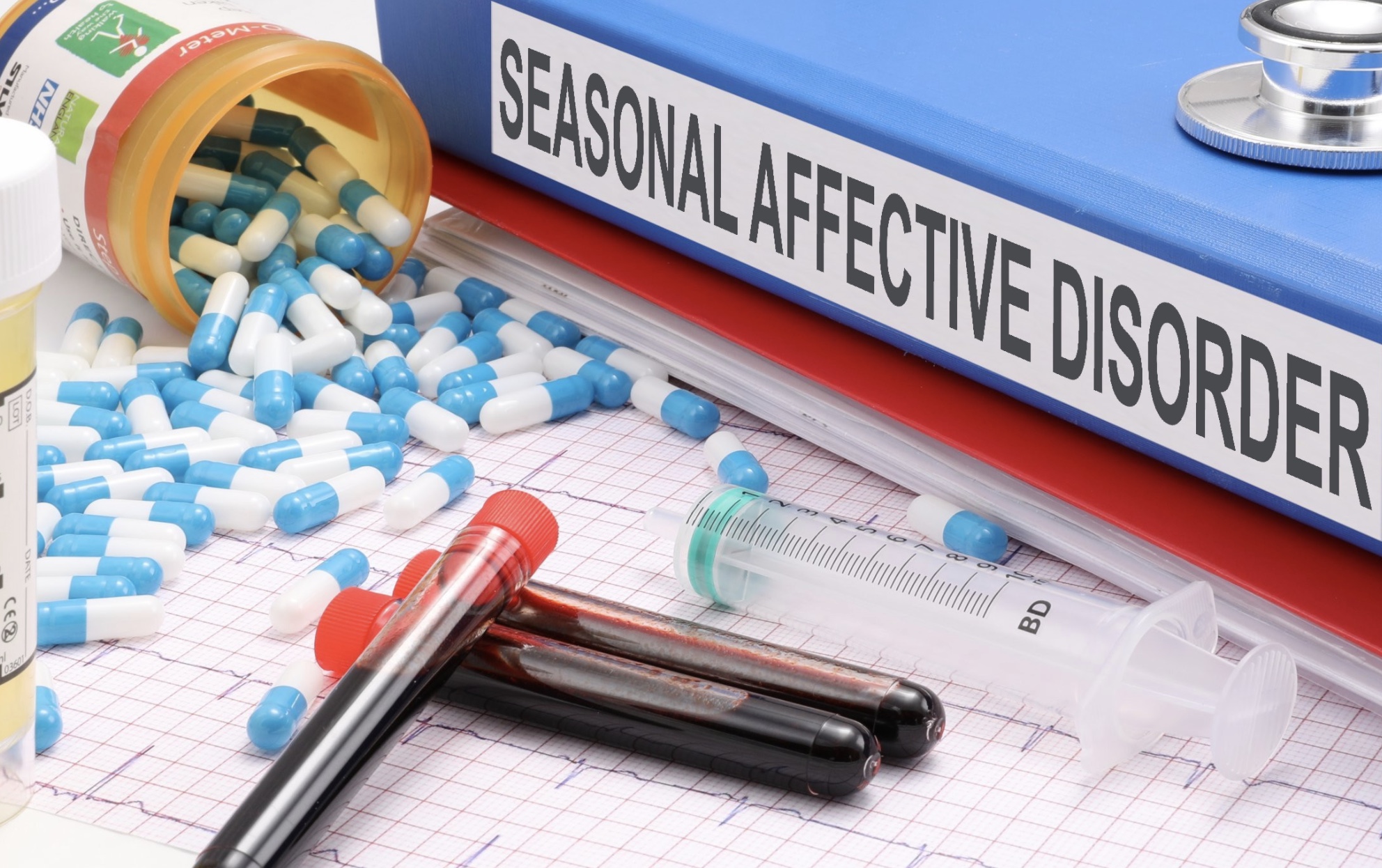Seasonal Affective Disorder (SAD) affects a lot more people than some may realize. You may fall into the category of people that not just seasons but mere weather effects. Sure, it’s normal to want to just lay in bed or on the couch with an excellent book or television show and a blanket when it’s a rainy day. Still, for others, the rainy weather can cause feelings of irritability, sadness and even depression.
As we head towards Fall and Winter, a significant portion of the population may be filled with dread as they await their mental health to deteriorate. While it’s essential and cannot be said enough that if you suffer from severe Seasonal Affective Disorder, and it’s affecting your day-to-day life, you should seek the guidance and help of a professional. Your GP or psychiatrist may put you on medicines temporarily to help you through the “winter blues,” or you may benefit more from talk therapy with a psychologist. However, if your feelings about SAD could be described as mild to moderate, there are natural, easy methods to beat back your blues.
Grounding Techniques Are Essential
While we all may be aware of relaxing activities that clear our minds, we don’t consistently implement them. Some examples of activities that can clear our minds when we’re feeling those winter blues are meditation, journaling, and also grounding techniques. Grounding techniques are things you use to quiet your mind when it starts ruminating on the things out of your control. While it’s best to learn grounding techniques from a licensed therapist, there are resources from GPs and therapists on Youtube to help teach you how to implement them. They are very successful and an excellent addition to anyone’s mental health toolkit.
Supplementing Before Medication
Medication is essential for human health and vitality. Science is ever-evolving and coming up with new ways to heal not just our bodies but our minds as well. Still, some people prefer to take a more holistic approach initially. There is nothing wrong with turning to nature before medicines, the same way there is nothing wrong with turning to your doctor before nature – the choice is personal and yours to make. One supplement that can help with depressive symptoms is CBD.
The great thing about CBD is it is not psychoactive and available in so many different forms. Maybe you don’t feel comfortable using a tincture or hate the taste of the edibles and gummies. You can purchase CBD in so many forms, and it’s worth researching online or visiting a local shop that sells CBD products to find an option that suits you and your comfort level. Some people need just a swipe or two of a CBD roll on to feel instant relaxation and get a mood lift.
Continue Your Active Lifestyle
Many people succumb to Seasonal Affective Disorder because they are used to engaging in many outdoor physical activities. Then when winter hits, they find themselves stuck indoors and not getting the same physical exertion they’re used to. That’s why it’s imperative to try and continue your active lifestyle as much as possible, even when the temperature outside is frigid, and it’s overcast.
One great way to do this is by joining a gym. Not only does physical exercise have proven benefits to your mental well-being, but so does socialization. While it’s tempting to stay home and do your workouts in the comfort of your home, especially when you’re feeling depressed – the social aspect of the gym can be a game-changer when it comes to your mood. You can also hire a personal trainer through your gym, which not only holds you accountable, but these relationships eventually morph into friendships, and you’ll have someone to talk to when you’re feeling low.
Seasonal Affective Disorder may be something you’ve been dealing with for decades, or it may strike out of nowhere in your forties. The key is recognizing what’s going on and empowering yourself to take action, so you don’t suffer in silence. Mental health and wellness are some of the easiest things to take for granted until we’re suffering. Please don’t suffer alone. You can try those mentioned earlier to combat SAD, but always reach out for help if it’s affecting your ability to perform your day-to-day routines or interact with others. And, in case no one told you today, you are loved, worthy, and capable of anything. Here’s to your health!






